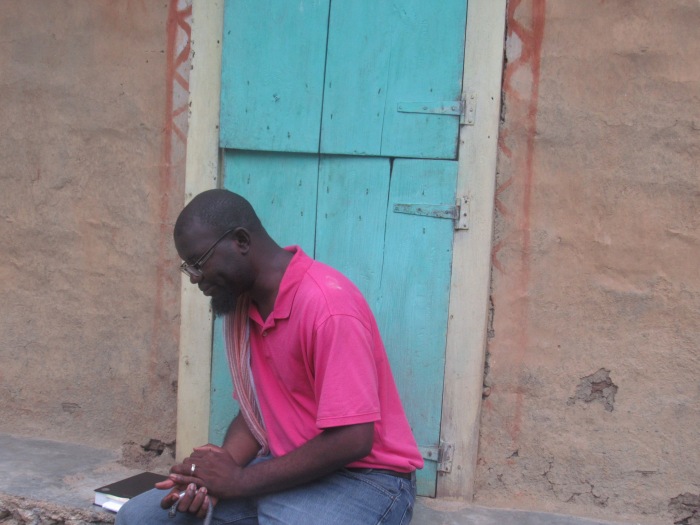The Land: Future Home of Hope for Today Outreach in Haiti (Corail, Port-Margot): the Hope Outreach Center for Leadership Development and Social Transformation





Summary: In this brief video presentation, Dr. Celucien L. Joseph, Founder and President of Hope for Today Outreach, introduces a potential land–about 2 acres–that Hope for Today Outreach is looking to purchase in the town of Corail, Port-Margot. The land will be used to improve the rural education in the region, and to train and equip the next generation of Haitian leaders and entrepreneurs of the town of Port-Margot, and its surrounding areas in the craft and art of carpentry, cosmetology, barber, plumbing, house construction, agriculture, sewing, music, and Christian leadership and ministry. The estimated cost to purchase the land is $ 25, 000.
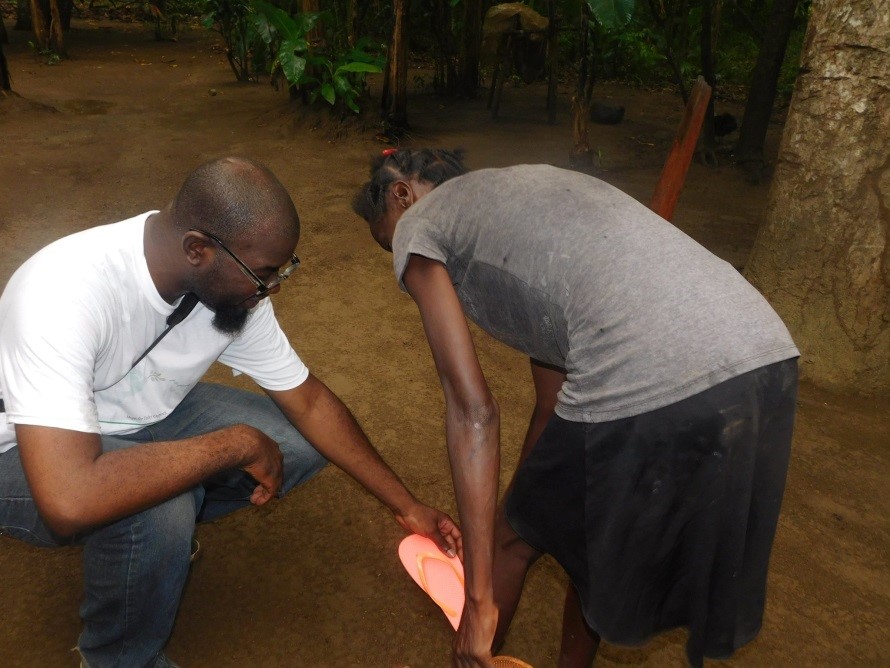

Dear Friend,
My name is Dr. Celucien L. Joseph, and I founded and serve as President of Hope for Today Outreach (HTO). Hope for Today Outreach is a Christian faith-based and non-profit organization that exists to minister to and empower underprivileged families, the poor, and the needy in Haiti by meeting their material and spiritual needs. We believe that care for the poor, the needy, the homeless, and the imprisoned is an integral part of the Biblical story of God’s restoration of humanity and the good news Jesus announced. Briefly, please allow me to introduce you to the town of Port-Margot, Haiti, and the ministries of HTO in that Region.
God has called Hope for Today Outreach to reach out and minister to the people in the rural town of Corail, Port-Margot. Port-Margot is a commune in the Borgne Arrondissement, in the Nord Department of Haiti. Based on the 2013 census, its population is about 100, 000 people. The rural town of Port-Margot is 22 miles away from the city of Cap-Haitian— a major port area and the second largest city of Haiti.
Port-Margot is a mountainous region that is located between Limbe and Borgne. Like in other parts of the country, Haitian Creole, the mother tongue, is spoken by the majority of the population; the French language is spoken only by the educated few. The three major practicing faiths in the region are Roman Catholicism, Protestant Christianity, and Vodou. The oldest Church in Port-Margot, Sainte Marguerite Parish, was founded in 1711 by French Catholic missionaries.
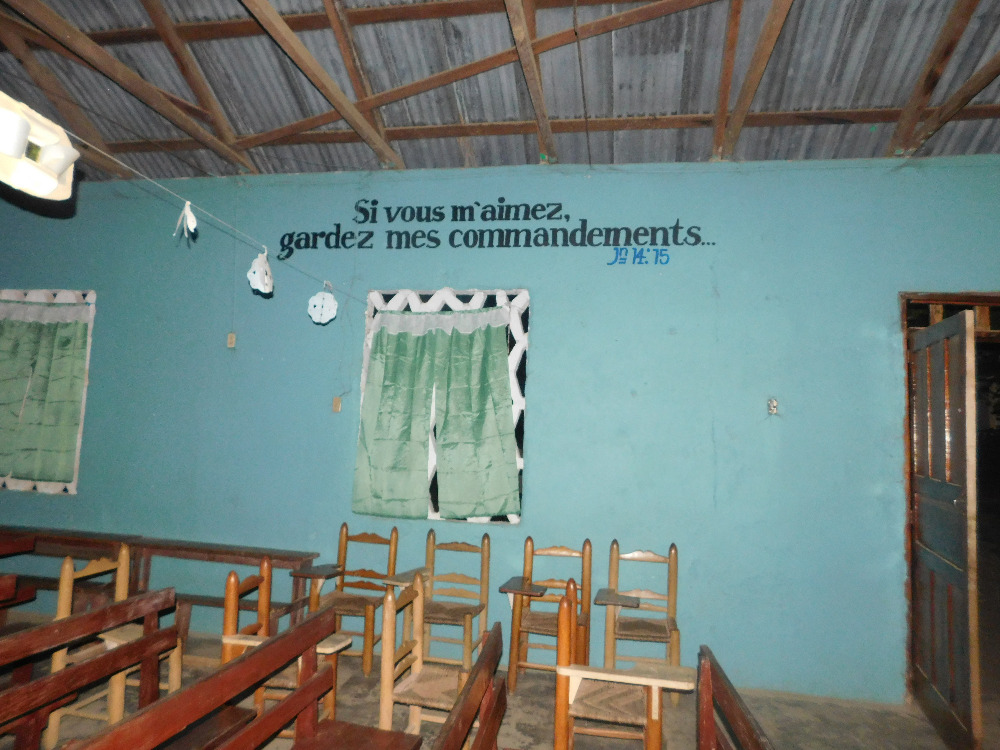
Port-Margot is one of the poorest rural areas in the country. Port-Margot’s infrastructure problems— deteriorated roads and bridges, inland waterways, hazardous waste, hospitals, schools, drinking water infrastructure, energy infrastructure and access, erratic power supplies and power interruptions, deforestation and soil erosion, etc.—reflect the reality of Haiti’s infrastructure crisis, and the poor living and physical conditions of the Haitian people. For example, television and telephone (i.e. Mobile phones) access are almost non-existent in the sections and communities that make up the town of Port-Margot.
Port-Margot’s infrastructure remains primitive and is poorly maintained. Consequently, the pressing needs for modernization, to educate the people in various trades and areas of interest, create more employment opportunities, and to develop reliable and strong leadership in the Region must be integral in improving Port-Margot’s infrastructure dilemma. These viable steps are necessary to the project of fostering human flourishing and sustainable and long-lasting development and economic growth of Port-Margot.

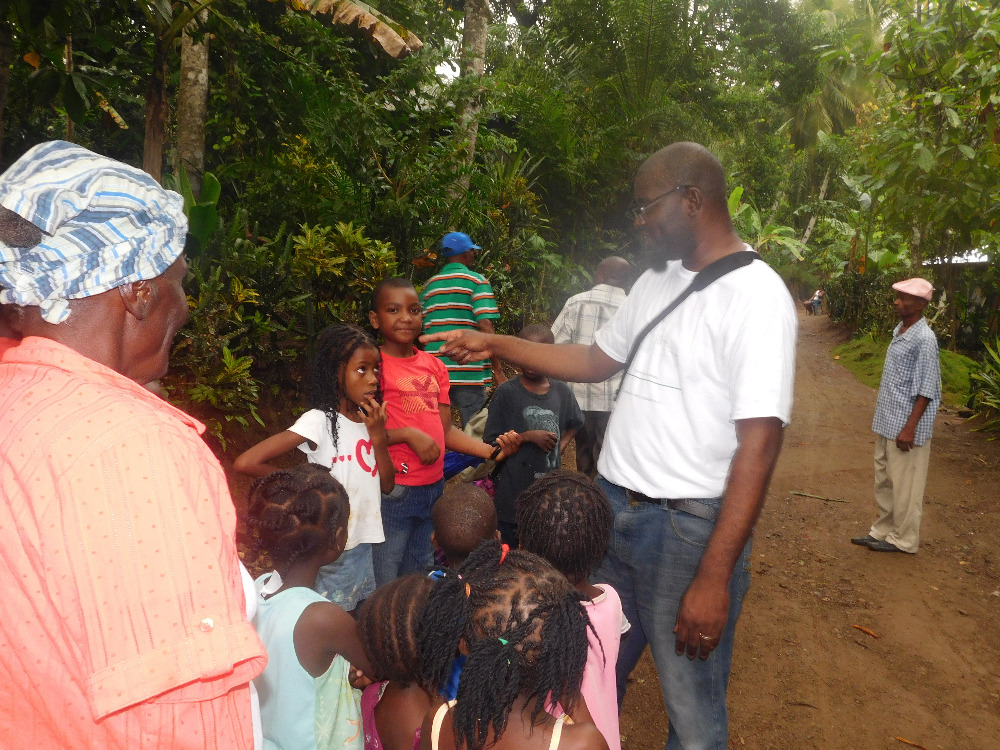
The people of Port-Margot and the surrounding areas such as Corail, Grande Plaine, Bayeux, etc. are mostly peasants and farmers. A small percentage of the population is street vendors, local merchants, and owners of local businesses. The employment rate is substantially high and almost equal to the national average. According to the 2013 census, the literacy rate has exceeded 60%, and the percentage of the population who has not completed High school or received a High School diploma is equal to the illiteracy rate. The challenges the people of Port Margot face on a daily basis are integral to the living reality of the Haitian people, nationally.



In addition, most of the local churches are spiritually malnourished because the church leaders and Christian ministers who are called to serve in these local churches are deficient of strong biblical and theological education, and Christian leadership skills. In fact, more than half of these pastors have never attended a Bible College or Seminary. A large number of the existing churches in the areas mentioned above are plateaued, and some of these regions are in great need of strong and new biblical Christian churches. God has called HTO to fill in those gaps by providing strong biblical and theological education to the local pastors and ministers, and to the individuals who are called by God to the Christian ministry; comparatively, God has called HTO to attend to the material needs of the people in those regions.
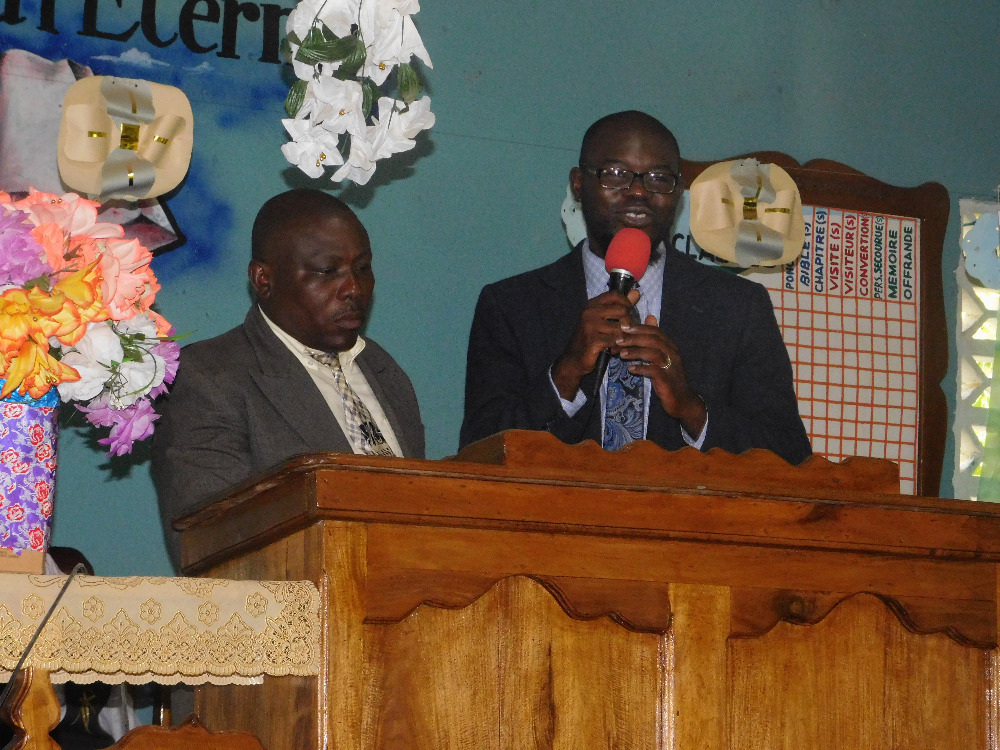

Hope for Today Outreach will not be able to reach the people of Port-Margot without your prayers, partnership, collaboration, and financial support.
In the year 2015, Hope for Today Outreach has taken two major mission trips to Port-Margot. In our September trip to Corail, Port-Margot (before school opens), we distributed school supplies to underprivileged families and students. We were able to pass out 122 backpacks and a school kit containing notebooks, color crayons, pencils, pens, rulers, erasers, etc. Unfortunately, because of our limited resources, we were unable to serve and reach out to all the 450 students at the local school, and other children and families in need in the community.

In the month of December, over the Christmas break, a team of individuals from Hope for Today Outreach took a second trip to Haiti. They distributed house care items to 500 families in Corail, Port Margot including 1500 toothbrushes, 1440 toothpastes, 608 bars of soap, 750 pair of socks, 226 pair of shoes, and tons of over-the-counter medicine for adults and children.



Dr. Joseph held a two day teaching conference on Paul’s Letter to the Romans for local pastors and ministers. About 22 churches sent ministerial representatives to the conference, and more than 400 pastors and ministers attended the conference. Both the mission trip and conference were a success to the glory of God! We pray Christ was exalted and honored in all of these things. Because of the pressing needs, both in the material and spiritual level, in Port-Margot, God has given Hope for Today Outreach an ambitious project, and a vision that will not transform the spiritual condition of the people but also their living conditions. Briefly, allow me to share this God-centered vision with you in a few words.
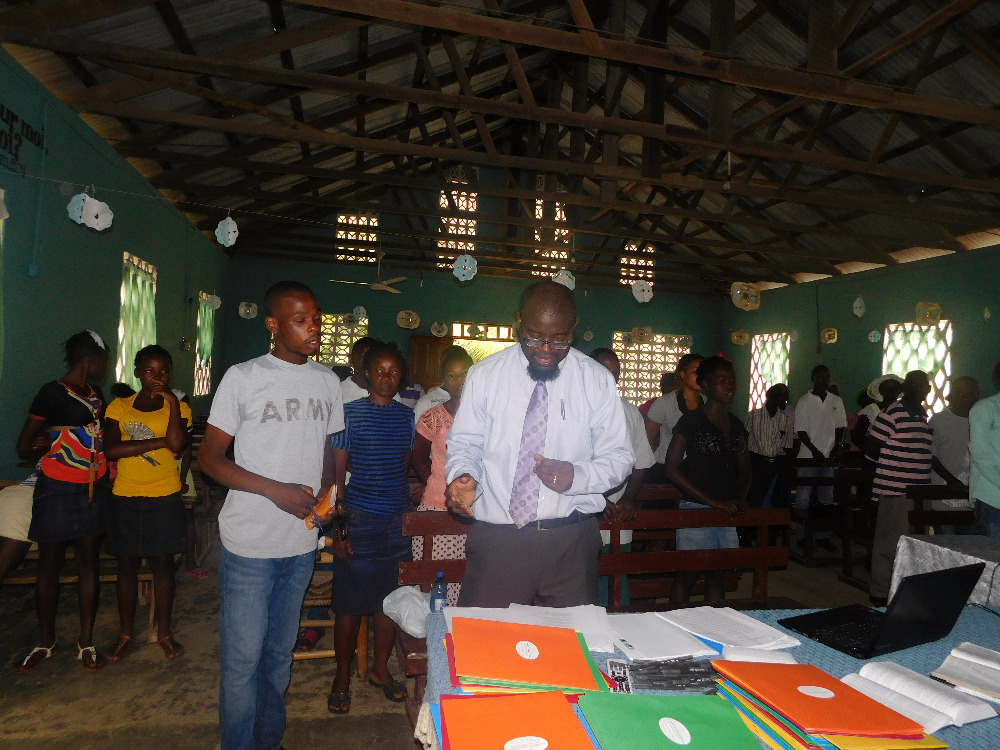
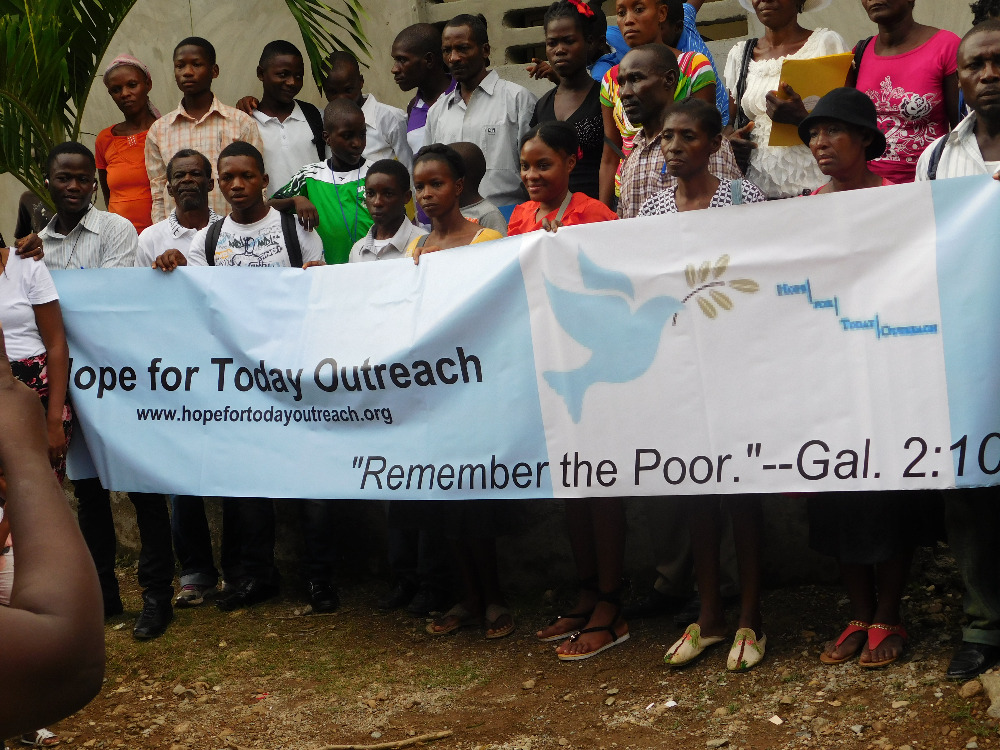
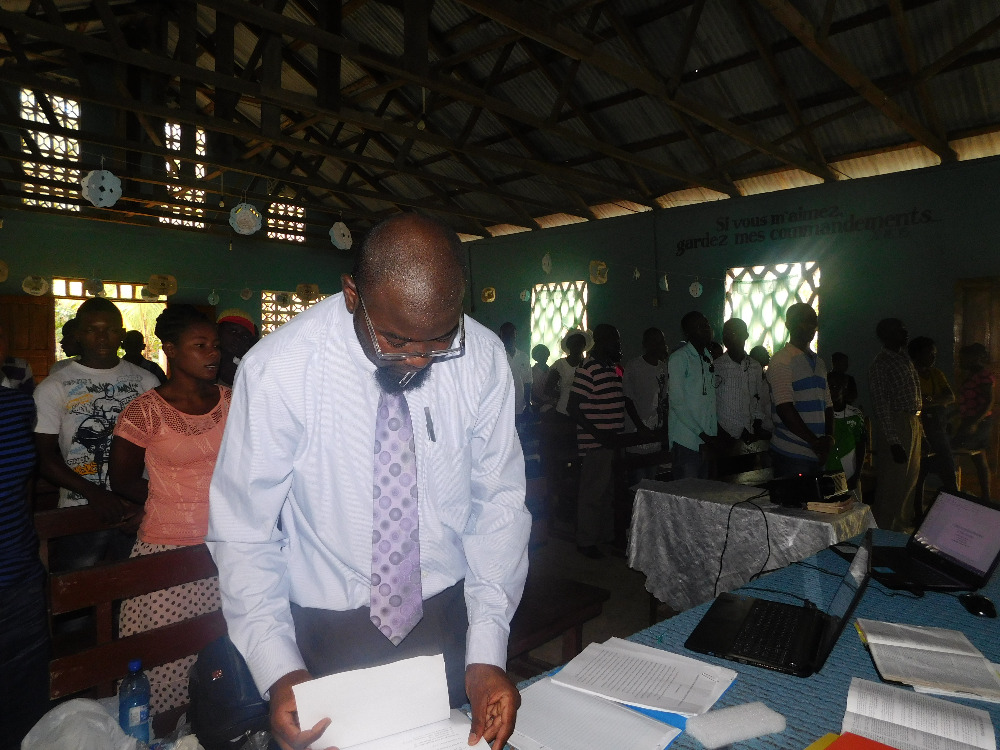
Vision of Hope Outreach Center
The vision of Hope Outreach Center for Leadership Training, Development, and Social Transformation is to prepare and equip Christian ministers and pastors to serve the people of God in the local churches to the glory of God. A second vision of Hope Outreach Center is to train and equip the next generation of Haitian leaders and entrepreneurs of the town of Corail, Port-Margot, and its surrounding areas in the craft and art of carpentry, agriculture, house construction, plumbing, cosmetology, barber, sewing, music, and Christian leadership and ministry.
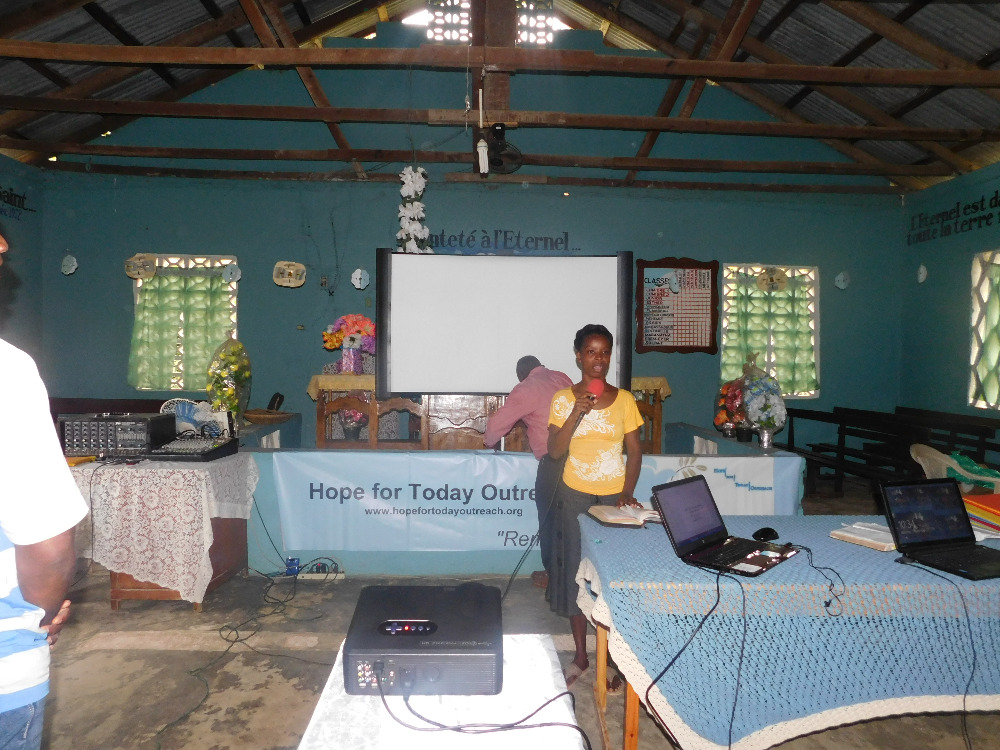
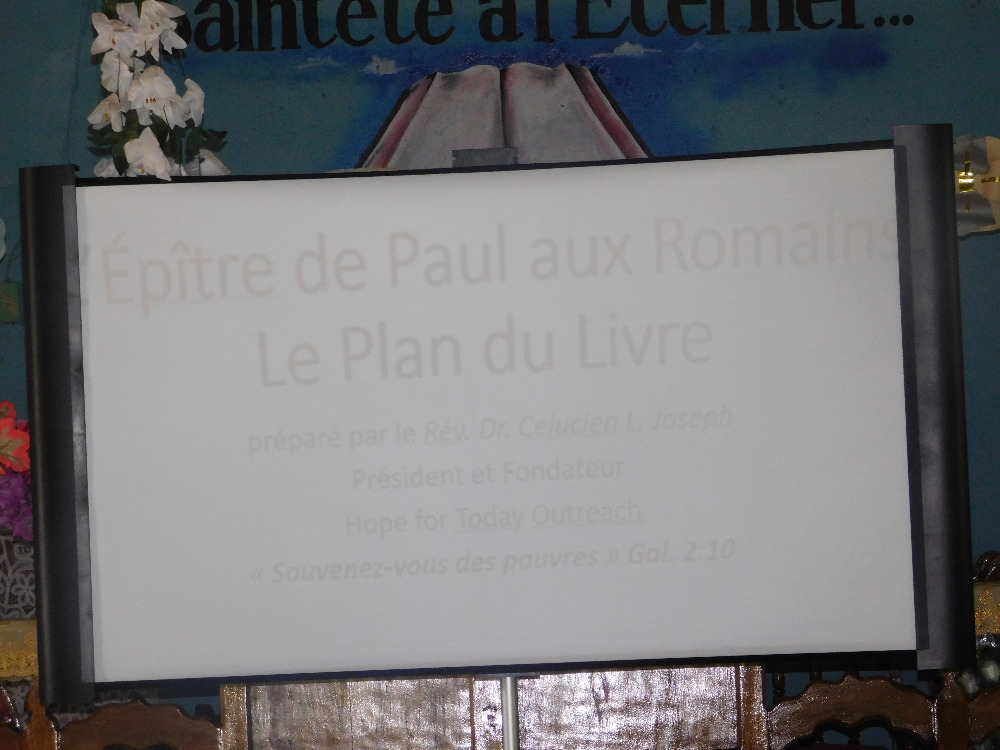
Hope Outreach Center will house four facilities: Hope Outreach Leadership Training and Development, Hope Outreach Vocational School, Hope Outreach Music Academy, and Hope Outreach Health Center, and five main buildings. While the Center will be located in the rural area of Corail, it will, however, serve the neighboring communities of Petit Bourg and Bayeux, and the ensuing six sections: Corail, Bas-Petit Borgne, Haut Petit Borgne, Bas-Quartier, Bras Gauche, and Grande Plaine.
Students who are enrolled at the Center to pursue a trade, study music, or be equipped in Christian leadership ministry will pay a minimal charge for tuition and school supplies. However, the literary program, which is designed to help improve the alphabetization campaign in the country will be of no charge. The Center will enroll no more than 200 students in an academic year.
The Center will be built on 2 acres of land, and include the following components:
• 4 facilities; 5 buildings; 20 rooms: 15 classrooms, and 5 guest rooms; 6 bathrooms;
• 3 water wells; a Community Library; a Computer Lab; a Community Health Center;
• A Community Pharmacy; a Family Counseling and Rehabilitation Center; a Community Food Pantry.
Our Five-Year Model
The Leadership of Hope Outreach Center has adopted a “five-year model” to assess our success, services, and ministries among the people of Corail and the greater Port-Margot. It is assumed that with our fully-active and engaged teachers and staff, well-equipped and buildings, furnished learning centers, and functioning facilities, we would be able to fulfill the stated objectives of the Center within the five-year plan.
Hope Outreach Center Objectives:
1. To provide basic medical and preventative health care to the poor, homeless, widows, single women with children, and disadvantaged families, and diagnose and treat common diseases such as TB, HIV, STD, etc. in the town of Corail-Port-Margot;*
2. To provide literacy skills and training to 250-300 people in the next five years;*
3. To train 100 tailors in the next five years; *
4. To train 100 seamstresses in the next five years; *
5. 100 construction workers in the next five years;*
6. 100 plumbers in the next five years;*
7. To equip 100 Christian ministers and leaders in the next five years;*
8. To train 100 barbers in the next five years;
9. To equip 100 cosmetologists in the next five years;
10. To train 50 musicians in the next five years;
*The items (# 1, 2, 4, 5, and 7) asterisked signal most urgent needs and areas of service.

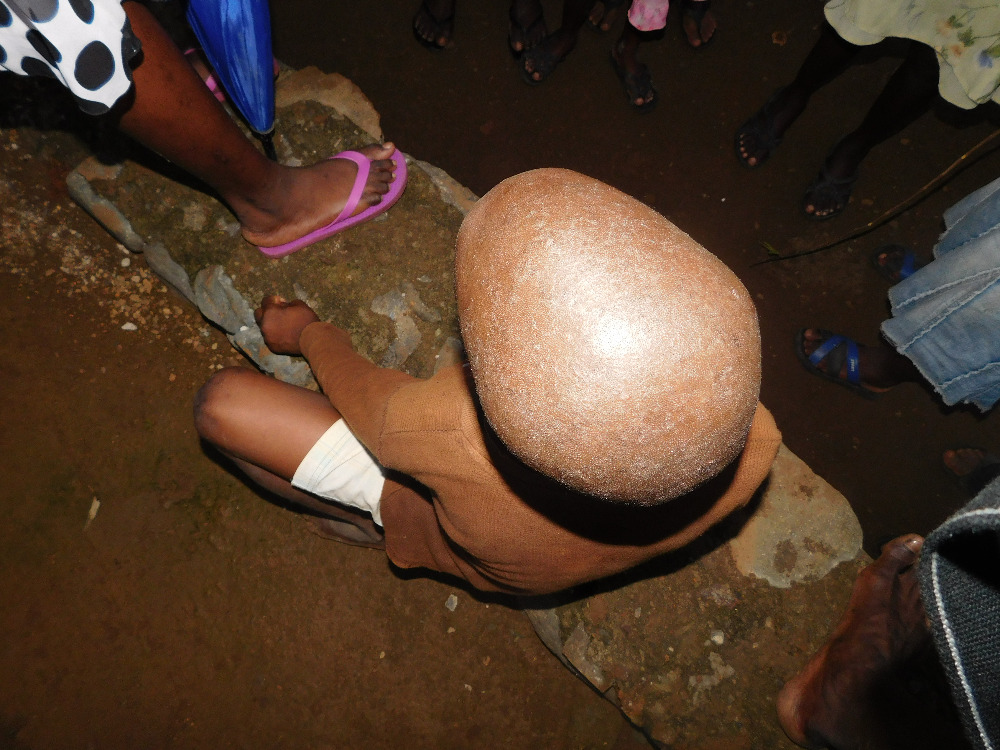
Such ambitious educational project is desperately needed in Port-Margot. Foremost, the Hope Outreach Center will provide adequate biblical and theological training to Christian ministers and pastors. Second, it will help improve rural education in the Region, and the literacy rate among the people. Third, it will help alleviate poverty, prostitution, and reduce child pregnancy. Thirdly, the project will train farmers and enhance agricultural production by applying new techniques and scientific advancement to farming and harvesting crops. Fourthly, it will train creative and socially-active leaders in the community. Finally, this educational project will improve the overall living and spiritual conditions of the people of Port-Margot and the surrounding areas.

We at HTO believe that Haiti’s reconstruction and the improvement of the life of the Haitian people involves the active participation, partnership, and collaboration of all who love the Haitian people and work collaboratively toward a better Haiti to the glory of God.

We thank you for your partnership, collaboration, and continuing financial support of Hope for Today Outreach. We’re beseeching you to donate financially toward the project of Hope Outreach Center for Leadership Development and Social Transformation. We believe that Haiti’s reconstruction and the improvement of the life of the Haitian people involves the active participation, partnership, and collaboration of all who love the Haitian people and work collaboratively toward a better Haiti.



